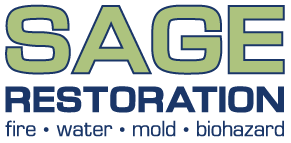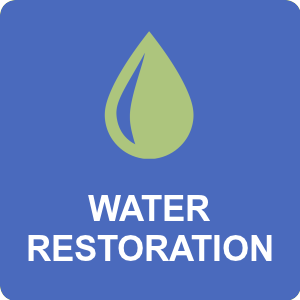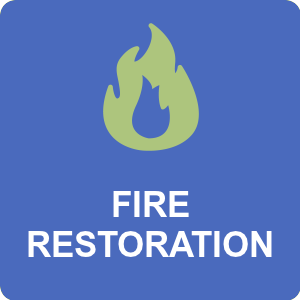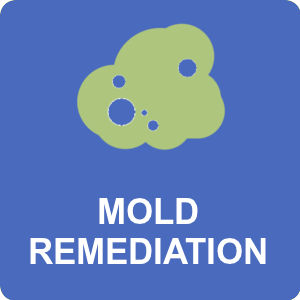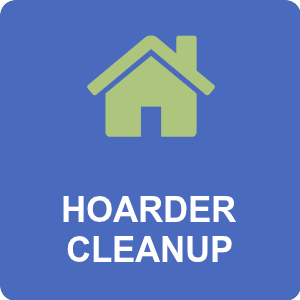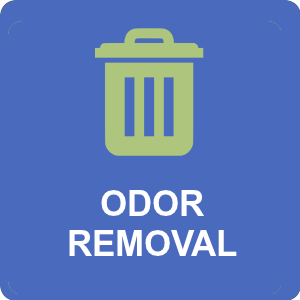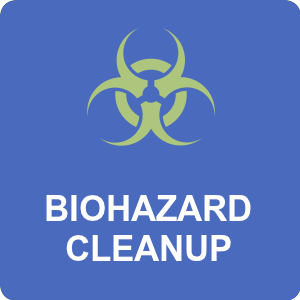 Getting rid of black mold in your home. Should you hire a professional?
Getting rid of black mold in your home. Should you hire a professional?
Mold is never a good thing. Spores reproducing on counters, walls, and wood trim can take flight and aggravate allergies and respiratory ailments, as well as ruin drywall, carpet, and woodwork. But in every life a little mold will form, and not every patch is a reason to panic.
Here’s how to tell if you can get rid of mold yourself or if it’s time to call a remediation expert.
Everyday Mold
Spores thrive on moisture, so expect it to grow in areas that get and stay wet:
- Bathrooms with poor ventilation, especially shower ceilings and tile grout lines.
- Around kitchen and mudroom sinks.
- Along thresholds of exterior doors.
- Basements near hot water heaters and sump pumps.
Everyday Solutions
If you can see it, you probably can get rid of it with a little elbow grease, soap, and water. More stubborn forms usually succumb to a vinegar and water solution. Spray and wipe.
If you have better things to do than hunt spores, cure the moisture problems that foster growth. Throw open a window or run the bathroom fan after you shower or bathe. Thoroughly dry sinks and surrounding tile after washing dishes. Periodically clean and dry moisture-prone basement areas or better yet, invest in a dehumidifier. Running one in the basement year round can keep humidity levels below 50 percent.
Problem Mold
In some situations, it’s better to call in a mold remediation professional for assistance. Cleaning up mold yourself is probably not such a good idea if:
- The mold covers a large area (greater than 10 square feet, according to the Environmental Protection Agency).
- Mold that develops after flooding with water that might be contaminated with sewage or other potentially hazardous substances.
- There is mold in your heating, ventilation, and air conditioning system (most homeowners have neither the knowledge nor the equipment needed to properly remove mold from their HVAC systems).
- You aren’t sure how to do all parts of the job correctly. Don’t worry, you’re not alone! Most homeowners aren’t versed in how to set up proper containment which prevents cross-contamination throughout the home. It’s better to be safe than sorry (and potentially cause more damage) to call the experts.
- You have moldy wood that cannot be removed and replaced, so the moldy area needs to be sanded and encapsulated instead (sanding moldy wood significantly increases one’s exposure to mold, which can lead to potentially serious illnesses). Though it’s not recommended to do it yourself in this scenario, should you feel the need to, be sure to wear goggles, a paper mask and rubber gloves to reduce your exposure to mold spores.
- You have a medical condition that might be made worse by increased exposure to mold, like asthma, environment allergies, or an immune system disorder (check with your doctor if you’re not sure if increased exposure to mold may exacerbate your medical condition).
- You are already experiencing symptoms of mold-related illness, such as sneezing, coughing, runny nose, shortness of breath, wheezing, headaches, sore throat, or chronic sinus infections.
To get rid of mold that you suspect is serious, your best bet is to contact a certified expert with a proven track record of mold removal. We will gladly work with your insurance company too! We care about the health of you and your family. Contact us today! #ServiceWithCompassion
